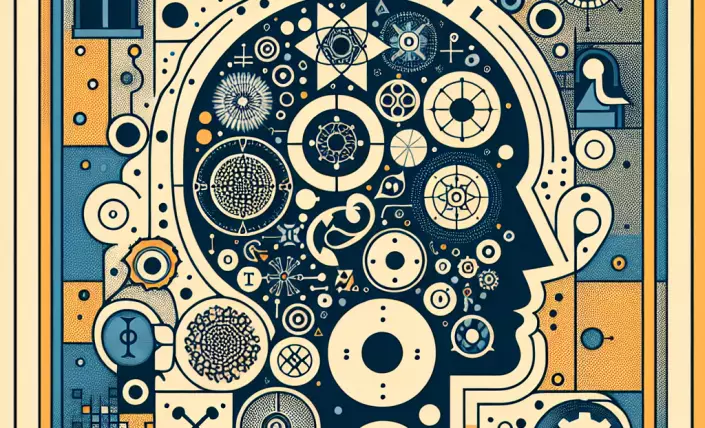In an era where innovation is hailed as the harbinger of progress, the quiet force of tradition often goes unnoticed. Yet, as we delve into the philosophical musings of Edmund Burke, it becomes clear that tradition is not merely the relic of bygone days but a profound force that shapes our contemporary life. Burke, a pivotal figure in modern conservatism, offers a lens through which we can reevaluate the conventional wisdom that tradition is antithetical to progress. Instead, he posits that tradition is not only a repository of collective wisdom but also a stabilizing force that ensures continuity amidst the chaos of change.
Burke's reflections on tradition challenge us to reconsider the role of inherited wisdom in our lives. In a world that prizes novelty, there is a tendency to view tradition as an impediment. However, Burke invites us to see tradition as the scaffolding upon which new ideas can be built. He argues that the accumulated wisdom of our ancestors often contains insights that are timeless, offering guidance in navigating the complexities of modern life. This perspective encourages us to approach tradition not with blind reverence but with a discerning eye, recognizing its value and relevance.
Moreover, tradition, according to Burke, is akin to a social contract that binds generations. It is through the adherence to certain traditions that societies maintain coherence and identity. In this light, tradition is not merely a passive inheritance but an active engagement with the past, informing our present and future. It prompts us to reflect on the ethical implications of our actions, urging us to consider the long-term consequences of discarding the wisdom of the past. Burke’s philosophy invites us to engage in a dialogue with tradition, balancing respect for the past with the imperatives of the present.
In conclusion, the exploration of Burke's thoughts on tradition provides a profound framework for understanding how we might integrate the old with the new. It challenges us to reassess the often-dismissed role of tradition in our lives and to appreciate its potential in fostering a stable, yet dynamic society. In a world beset by rapid change, perhaps it is the quiet, persistent voice of tradition that offers the wisdom we need to navigate the complexities of modern existence.










